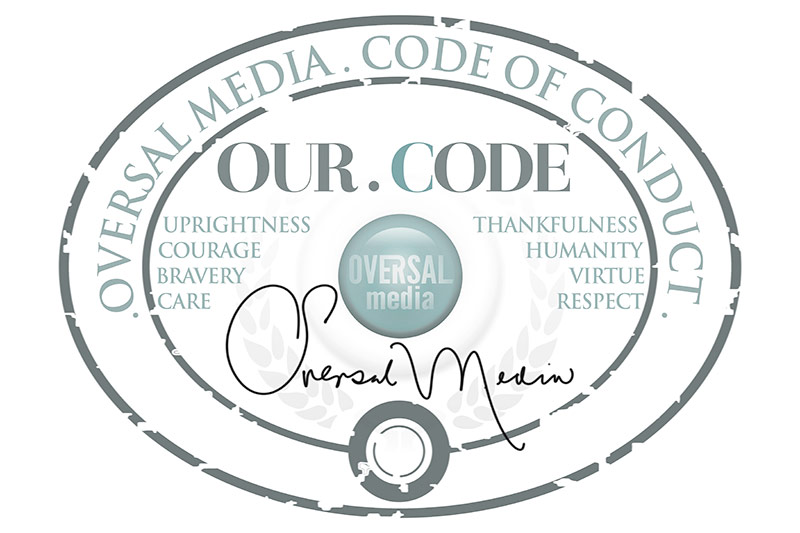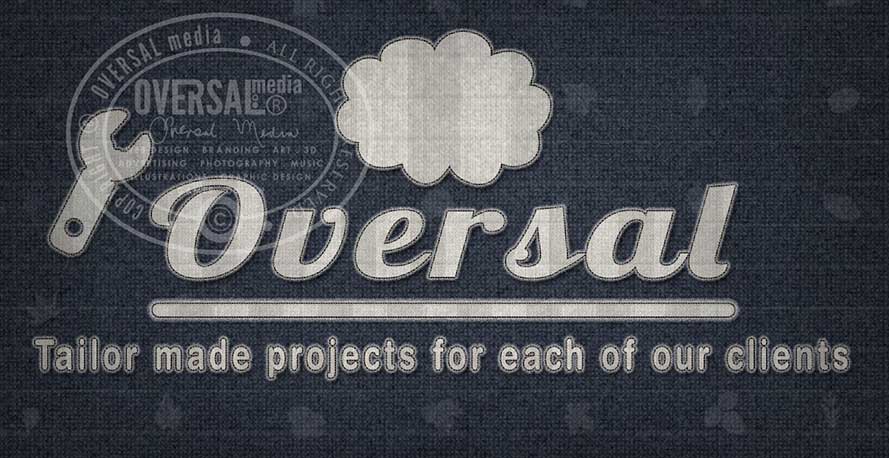Scenario – Our Code
The most important question we should ask is not, if it is possible or not.
The question we should ask is, how are we going to get there?.
Everything will be impossible if you don’t learn the process to make the impossible possible.
• Uprightness or Virtue:
Be consistently fair not only everyday, but also every moment.
Think about the scenario of two companies working on a project.
The team on company A focused on personal skills as a method to obtain their objectives.
They all pull in opposite directions. Team A use their individual experiences to achieved their goals and ambition.
Team A aptitude will caused difficult problems between them and their business partners. In the long run they will be unable to generate a return investment for their company.
On the other hand, team B focused on collective skills as a method to obtain their objectives.
They all pull in the same directions. Team B use their collective experiences to achieved their goals an ambition.
Team B aptitude will not cause difficult problems between them and their business partners.
Team B consistently maintained a gracious, respectful and polite attitude toward everyone, and is able to maximize their success by bringing a substantial return investment for their company.
Team B was able to create a positive outcome and achieved the superior result.
An harmonious team can only work when the force of competition and rivalry has been replaced by the force of cooperation and unity.
A group that lacks integrity will never be a team.
• Thankfulness And Respect:
Treat everyone humanely, be respectful and show gratitude and thankfulness.
In this scenario company A finished a project for a client.
And after the accounts got settle, company A quickly moved to the next client.
Company A stop answering calls and emails from the client.
On the other hand, company B expressed their thankfulness and gratitude to the client.
After the accounts got settle they continue to cooperate with the client.
Company B answered all calls and emails and showed gratitude.
The client recommended company B to all their friends and business partners.
Company B generated many new businesses through their amicable relationship and respectful connection.
Company B understood that if you do good to others, you are doing good to yourself.
• Bravery Courage:
If you value courage, don’t be afraid of taking risks.
In this scenario company A and company B were presented with two projects.
Project one was easy to execute; very little risk was involved but it paid very little. It was profitable for a very short term only.
On the other hand, project two was more complex to execute, seemed risky but it had a great potential for becoming more profitable and stable for the company in the long run.
Company A played it safe and chose project one, but this did not solve the company’s financial problems.
Company A had to fire half of its staff.
Company B chose project two and in time the profits increased in a consistent and long term basis.
Company B was able to resolve the company finances and grow. They were able to hire more staff.
A company can’t grow if doesn’t take risks.
• Pride And Honor:
Value your honor and become stronger.
Company A is only in business to make money, and doesn’t value dignity and honor.
Company B is in business to generate wealth but values dignity, honor, and pride in one’s work.
When faced with pressure, adversity or misfortune, company B will be able to overcome any situation and triumph.
Company B will thrive in adversity because it values dignity, honor and respect.
• Humanity:
Be compassionate. Help others and they will help you back.
In this scenario a member of a team encounters a difficult situation, and there seems to be no solution. One member of the team does nothing for the colleague and continues to work on his own task, considering his colleague’s problem to be less important than his own. Another member of the team provides assistance to the colleague in solving the situation, even though the problem has nothing to do with him. Because of his compassion for others, he earned the respect of his colleagues.
• Honesty:
Be sincere and honest in your action and words.
In this scenario.
A member of a team did not fulfill his duty and didn’t complete the deadline for his part of the project.
The next day he worked hard and stay after hours to show everyone how sorry he was.
The appreciation he gained from the team members was immense.
They gained their trust again.
• Loyalty:
Be loyal and others will be loyal to you.
In this scenario.
A member of the team got a better paid job offer from a rival company.
Instead of thinking about his own benefits he valued the rewarding work he was doing.
He remember how loyal his team had been to him in the past.
He also recognized how much his team helped him to become who he was.
He turned down the better paid job offer.
The company saw how loyal and reliable he was and as a result of his loyalty and commitment they promoted him.
By him taking the risk of staying he got a far better deal, a lasting job and a team that respect him.
• Commitment:
Commitment makes the impossible possible.
In this scenario.
A team was given a very difficult project.
Everyone in the team expressed that it was impossible to accomplish that goal.
One member of the team believed that it was possible to achieve the project’s goal and got on with the task.
The rest of the team kept arguing about if it were possible or not.
In no time the team member got maximum results and achieved the goals of the project.
The appreciation of the team members was immense.
And as a note of gratitude they made him the new team leader.
“The best-case scenario for any company is to become a family before becoming a real business”.






